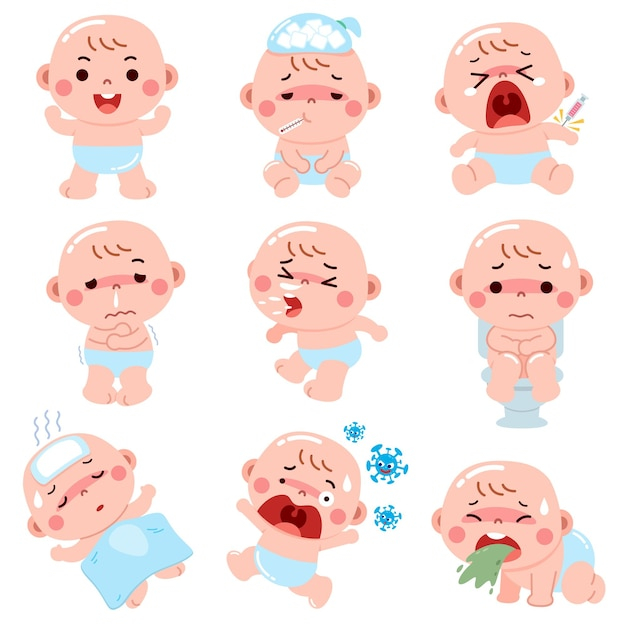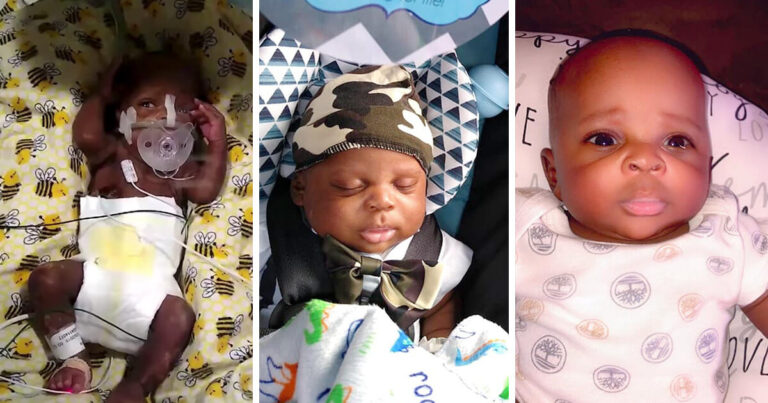I Got Pregnant 1 Day Before My Period: Understanding Early Conception
Navigating the complexities of pregnancy timing can be both fascinating and confusing. While conventional wisdom suggests conception occurs during a specific window within the menstrual cycle, anecdotal evidence suggests otherwise. This article delves into the intriguing possibility of getting pregnant just a day before the expected period, exploring the factors, symptoms, and implications of such an early conception.
Comprehending the intricate interplay between the menstrual cycle, ovulation, and pregnancy is crucial for understanding the timing of conception. This article will provide a comprehensive overview of these processes, examining the role of hormonal fluctuations and irregular cycles in influencing pregnancy timing.
Factors Affecting Early Pregnancy
The timing of conception can be influenced by various factors, including hormonal imbalances and irregular menstrual cycles. Understanding these factors can help you plan for a pregnancy or avoid it if desired.
Hormonal imbalances can disrupt the menstrual cycle, making it difficult to predict ovulation. Irregular cycles can also make it challenging to determine the fertile window. If you have concerns about your menstrual cycle, consult a healthcare professional for evaluation and guidance.
Ovulation Predictor Kits
Ovulation predictor kits (OPKs) are available to help you identify your fertile window. These kits measure the levels of luteinizing hormone (LH) in your urine, which surges just before ovulation. While OPKs can be helpful, it’s important to use them correctly and interpret the results accurately. They may not be as reliable for women with irregular cycles or hormonal imbalances.
Symptoms and Signs of Early Pregnancy

Recognizing early signs of pregnancy can be crucial for timely prenatal care and informed decision-making. While symptoms vary among individuals, there are common indicators that may appear before or around the expected period.
Early pregnancy symptoms can include:
- Missed period: The most common and noticeable sign, although it can also be caused by stress, hormonal imbalances, or certain medications.
- Breast tenderness or swelling: Increased blood flow to the breasts can lead to sensitivity and enlargement.
- Nausea and vomiting: Commonly known as morning sickness, though it can occur at any time of day.
- Fatigue: Extreme tiredness is a common symptom due to hormonal changes and increased blood production.
- Frequent urination: The growing uterus puts pressure on the bladder, resulting in more frequent trips to the bathroom.
- Mood swings: Hormonal fluctuations can cause emotional ups and downs.
- Light spotting or bleeding: Some women experience light vaginal bleeding, known as implantation bleeding, which occurs when the fertilized egg implants in the uterine lining.
Pregnancy Tests
Home pregnancy tests detect the presence of human chorionic gonadotropin (hCG), a hormone produced during pregnancy. These tests are generally accurate, but it’s important to note their limitations:
- False negatives: Tests may not detect pregnancy in the early stages when hCG levels are low.
- False positives: Certain medications or medical conditions can trigger a false positive result.
- Timing: Tests should be taken after a missed period for optimal accuracy.
Medical Implications and Considerations
Early pregnancy carries certain potential risks and complications that need to be considered. It’s crucial to seek prenatal care and early medical consultation to ensure the well-being of both the mother and the developing fetus.
Importance of Prenatal Care
Prenatal care involves regular checkups and monitoring throughout the pregnancy. It allows healthcare providers to:
– Assess the health of the mother and fetus
– Identify and manage any potential risks
– Provide guidance on nutrition, lifestyle, and other important aspects
– Detect and treat any complications early on
Emotional and Psychological Impact
An unexpected or unplanned pregnancy can trigger a rollercoaster of emotions, ranging from shock and disbelief to anxiety, fear, and even joy. These emotional challenges can be compounded by the social stigma and judgment that often accompany unplanned pregnancies, leading to feelings of isolation and shame.
Individuals facing this situation may experience a range of psychological distress, including depression, anxiety, and stress. They may also struggle with feelings of inadequacy, guilt, and a sense of loss of control over their lives. It’s crucial to recognize that these emotional and psychological challenges are common and that there are resources and support systems available to help.
Resources and Support Systems
There are numerous organizations and resources available to provide emotional and practical support to individuals facing an unplanned pregnancy. These include:
- Crisis pregnancy centers offer free and confidential counseling, pregnancy testing, and information about available options.
- Planned Parenthood provides comprehensive reproductive health care, including pregnancy counseling and abortion services.
- National Suicide Prevention Lifeline: 988 provides 24/7, free, and confidential support for individuals experiencing emotional distress.
- Mental health professionals, such as therapists and counselors, can provide emotional support, coping mechanisms, and guidance.
Pregnancy Options and Decision-Making
Discovering you’re pregnant early on can be a massive shock. It’s natural to feel overwhelmed and unsure of what to do. There are different options available to you, and it’s important to make an informed decision that’s right for you.
There are resources available to help you make this decision. Your doctor or a pregnancy counsellor can provide information about your options and help you weigh the pros and cons of each one. You can also talk to your family and friends for support and advice.
Parenting
Parenting is a big responsibility, but it can also be one of the most rewarding experiences in life. If you decide to keep your baby, there are many resources available to help you prepare for parenthood. You can take prenatal classes, read books, and talk to other parents. There are also government programs that can provide financial assistance and other support.
Adoption
Adoption is another option for unplanned pregnancies. If you’re not ready to be a parent, you can choose to place your baby for adoption. There are many families who are waiting to adopt a child, and they can provide a loving and stable home for your baby.
Abortion
Abortion is a legal medical procedure that ends a pregnancy. It’s a safe and common procedure, and it’s an option for women who don’t want to keep their baby. There are many different types of abortions, and your doctor can help you choose the one that’s right for you.
FAQ Corner
Can I get pregnant even if I have protected sex?
Yes, while protection methods like condoms and birth control pills are highly effective, they do not guarantee 100% protection against pregnancy.
How accurate are ovulation predictor kits?
Ovulation predictor kits can be helpful in identifying the fertile window, but they are not foolproof. Factors like irregular cycles and hormonal imbalances can affect their accuracy.
What are the early signs of pregnancy?
Early pregnancy symptoms can include missed periods, breast tenderness, nausea, and fatigue. However, these symptoms can also be caused by other factors.
What should I do if I think I’m pregnant?
If you suspect you may be pregnant, it’s important to take a pregnancy test and consult with a healthcare professional for confirmation and guidance.
What options are available if I’m pregnant?
If you discover you’re pregnant, you have several options, including continuing the pregnancy, adoption, or abortion. It’s crucial to make an informed decision that aligns with your values and circumstances.





